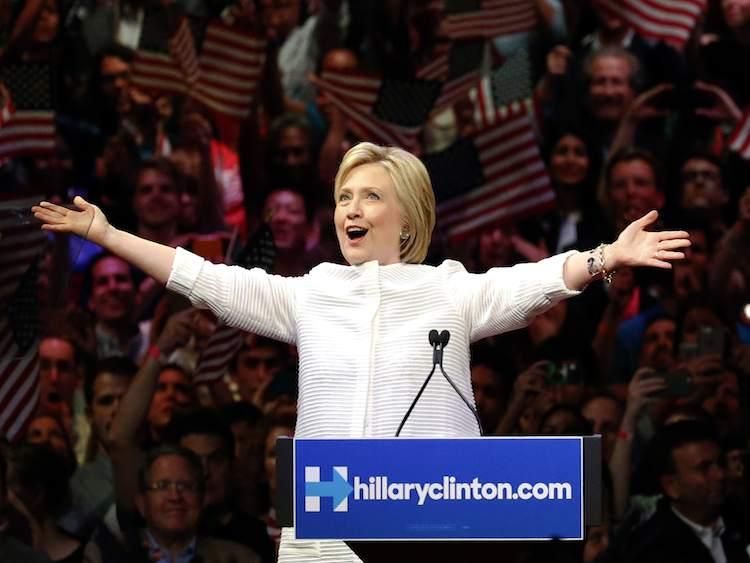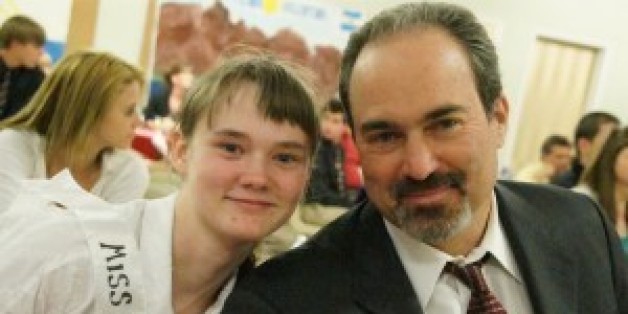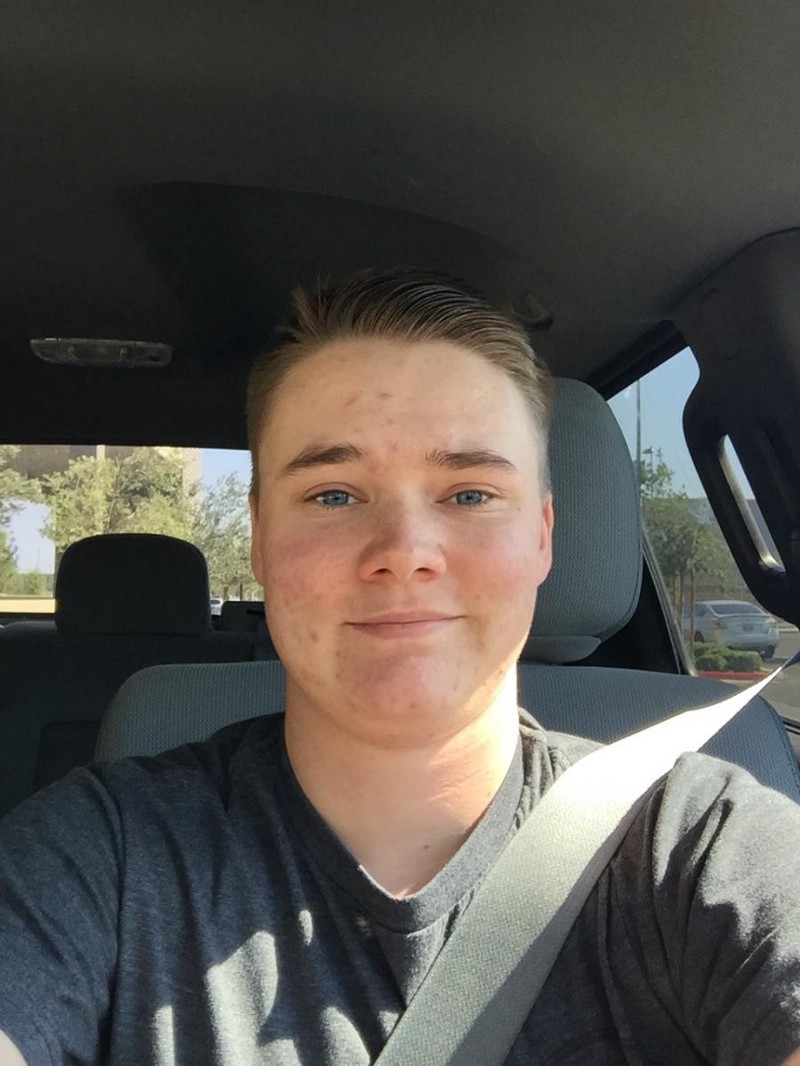On June 24, 1973, 32 people died in what was then the most gruesome mass murder of LGBT people in U.S. history. That Sunday marked the end of the city’s Pride weekend; 60 people gathered at UpStairs Lounge to listen to pianist David Gary perform, while others discussed an upcoming fundraiser for children with disabilities. UpStairs was a gay bar located at the corner of Chartres and Iberville in the French Quarter—where regulars came together to sing songs around the piano and put on “nellydramas,” campy melodramas performed in drag.
Just four years after the Stonewall riots kickstarted the movement for queer liberation, the bar acted both as a watering hole and a safe haven for a community that was more visible and more threatened than ever before. Although the city today is known for annual Southern Decadence event, which is today the largest Pride event in the South, it wasn’t always gay-friendly. LGBT people in the 1970s faced widespread harassment, violence, and prejudice in New Orleans. Meanwhile, gay bars across the country were frequently raided by police and bashings were extremely common. Even the American Psychiatric Association classified being gay as a mental illness until 1973.
That fateful June evening, the illusion of safety that UpStairs Lounge offered was shattered when a man set fire to the building—allegedly after being ejected from the establishment. According to reports, the stairwell reeked of lighter fluid as the flames trapped patrons inside. The windows were barricaded by bars, and the bar’s primarily male clientele clawed at these cages as they were burned alive.
The city did not embrace or mourn its dead. Many churches refused to hold services for the victims, while some families even declined to claim the bodies of their loved ones. Instead the unclaimed would be thrown into a mass grave. The police, who were slow to respond to the event, never prosecuted a suspect in the case, while news coverage reports on the incident were virulently homophobic. One story quoted a local cab driver who infamously remarked, “I hope the fire burned their dresses off.” Meanwhile, a local radio host joked, “What will they bury the ashes of queers in? Fruit jars.”
But while the victims’ brutal deaths became punchlines, their identities were erased. National news stories often ignored the fact that the UpStairs Lounge was an attack on the emerging LGBT community. Many didn’t even identify the establishment as a gay bar.
That silence, however, might be familiar to you following the horrific attack in Orlando’s Pulse nightclub.
On Saturday night, a lone shooter murdered 50 people, while severely wounding 53 more. Something that was conspicuously missing, though, from early reports on the tragedy (including a New York Times write-up on the event) was that Pulse is a gay club. Barbara Poma opened the establishment in 2004 as a tribute to her brother, who died of HIV-related complications in 1991. As Slate’s J. Bryan Lowder reports, Poma “named the bar not after the throb of an EDM remix, but to memorialize [his] heartbeat.”
What could have motivated such an act of violence? According to the gunman’s father, Seddique Mir Mateen, the shooter (whose name will not be identified here) recently became outraged after witnessing a public display of affection between same-sex partners. “We were in downtown Miami, Bayside, people were playing music,” Mateeen told NBC News. “And he saw two men kissing each other in front of his wife and kid and he got very angry. They were kissing each other and touching each other and he said, ‘Look at that. In front of my son they are doing that.’ And then we were in the men’s bathroom and men were kissing each other.”
But the attacker’s homophobic intent has gotten buried in the response to the event—with news organizations, politicians, and public figures reticent to label the act a “hate crime.” In a statement, Rep. Paul Ryan, the former Vice Presidential nominee and current House Speaker, never even says the word “gay.” He states that the attack is a reminder that we are a “nation at war with Islamist terrorists.” Ryan stated, “As we heal, we need to be clear-eyed about who did this. … Our security depends on our refusal to back down in the face of terror. We never will.”
Meanwhile, presumptive Republican presidential nominee Donald Trump criticized President Barack Obama on Twitter for not overtly labeling the attack as an act of religious extremism, suggesting that the commander in chief should resign from his position following the omission. “Because our leaders are weak, I said this was going to happen—and it is only going to get worse,” Trump further claimed in a statement. “I am trying to save lives and prevent the next terrorist attack. We can’t afford to be politically correct anymore.”
This is despite the fact that as of yet, it’s not conclusively proved the attacker was motivated by Islamic fundamentalism. Reports on the subject seem to conflict. ISIS has taken credit for the attack, and the shooter allegedly stated his association with the group in a 911 call before the tragedy; in fact, the man was previously investigated twice on suspicions that he had terrorist ties. Some who knew him, though, have rejected that characterization. The shooter’s ex-wife told the Washington Post that he “wasn’t very devout and preferred spending his free time working out at the gym.” Others disagree, saying his views became more extreme over time.
It may be likely that the shooter was motivated by faith-based hate, but to suggest that his religion was the sole motivating factor is an act of dangerous erasure. It ignores that this is merely the latest attack on a gay establishment in the United States and the latest reminder that queer people are not safe from being victims of a hate crime, even in spaces that are supposed to be havens for us. While the rate of LGBT hate crimes is dropping nationally, violence against transgender people and people of color remains on the rise—from Orlando to Iowa and the streets of Los Angeles.
Of the 100,000 hate crimes reported to the Federal Bureau of Investigations between the years of 1991 and 2007, sexual orientation ranks as the third-biggest factor in motivating violent prejudice. Seventeen percent of attacks, according to the Human Rights Campaign, were anti-gay in nature. Data on the subject, however, is famously unreliable. The Associated Press found that only 40 percent of hate crimes are ever brought to the attention of authorities, and police departments routinely fail to report these incidents to federal prosecutors. In Indiana, half of local law enforcement agencies declined to report hate crime data between 2009 and 2014.
Although race and religion remain larger motivating factors than sexual orientation, Mark Potok of the Southern Poverty Law Center told The Atlantic that the number of LGBT people who have been the victims of hate crimes is extremely high—because of the community’s modest size.
“LGBT people are more than twice as likely to be the target of a violent hate-crime than Jews or black people,” Potok said. “They are more than four times as likely as Muslims, and almost 14 times as likely as Latinos.”
Gay bars are frequently the sites of such violence. Two years ago, Seattle’s Neighbours Nightclub was set ablaze shortly after the clock struck midnight on New Years’ Eve, the site of a terrifying arson attack. The establishment’s 750 patrons were unharmed. The assailant’s defense blamed it on the alcohol during his eventual court case, but those who knew him described the arsonist as having a “general hostility towards homosexuality.” Investigators spoke to a close friend of the defendant, who allegedly told him that “what these people are doing is wrong.” He would be sentenced to 10 years in prison for the crime.
Seventeen years earlier, Olympic Park Bomber Eric Rudolph targeted Otherside Lounge, a lesbian bar in Atlanta. On February 21, a projectile bomb was set off—injuring four people. As the New York Times reported, police “found a backpack containing a second bomb in the club’s parking lot” but were able to diffuse it before the device was activated. Rudolph, who also attacked abortion clinics, was part of Army of God, a right-wing terrorist organization with a history of anti-gay antipathy. After three gay men were beheaded in Saudi Arabia in 2002, the organization’s chaplain, Rev. Michael Bray, called the punishment an act of God. “Let us give thanks,” he said.
The Pulse incident, though, wasn’t just an intentional, coordinated attack on LGBT people. The gunman particularly targeted those who face the disproportionate brunt of violence in our community. On Saturday, the club was celebrating its monthly “Latin Night,” an event frequented by Latinos, trans people, and gender nonconforming folks. The poster advertising the event prominently featured two drag queens, and Kenya Michaels, who is Puerto Rican, was slated to perform that evening.
A majority of those who are murdered every year in anti-LGBT acts of violence are precisely those whose lives were ended this weekend: people of color. In 2014, the National Coalition for Anti-Violence Programs found that an alarming number of queer and trans homicide victims were non-white (80 percent), and a majority of that population (60 percent) was black. This issue rose to national attention last year when 22 transgender people were murdered in the U.S., a historic number that primarily consisted of women of color (86 percent). 2016 isn’t even half over, and 10 transgender women have already been killed.
Forty-three years ago, the UpStairs Lounge fire proved an important tipping point in the lives of New Orleans’ LGBT population. According to the Times-Picayune, the tragedy “forced the gay community out of the closet.” There’s a famous anecdote about a memorial for the fallen held at Mark’s United Methodist Church. Because of media presence at the event, mourners had the option of using a separate entrance to avoid being seen. Many of the attendees likely weren’t out to friends, family, or coworkers, and having your picture wind up in the paper at a gay memorial could end in unemployment. Even today, it’s legal to fire someone in the state of Louisiana for being LGBT.
advertisement
But as the paper reports, the city’s queer community didn’t choose the side door. “Instead, most of the 300-plus attendees chose to exit through the front of the church,” the Times-Picayune’s Helen Freund writes. Four decades later, we must do the same thing: We must choose the front door. We must be visible. We must demand accountability. And we must honor those who lost their lives by naming the homophobia and transphobia that killed them, rather than allowing their deaths to be exploited by those who hope to further their right-wing political agenda.
Silence isn’t just death. It will allow tragedies like these keep happening over and over again—until we finally stand up and say enough.
The city of Orlando is releasing the names of those who have lost their lives as they are identified and families notified. As of press time, here are their names:
Edward Sotomayor Jr., 34 years old
Stanley Almodovar III, 23 years old
Luis Omar Ocasio-Capo, 20 years old
Juan Ramon Guerrero, 22 years old
Eric Ivan Ortiz-Rivera, 36 years old
Peter O. Gonzalez-Cruz, 22 years old
Luis S. Vielma, 22 years old
Kimberly Morris, 37 years old
Eddie Jamoldroy Justice, 30 years old
Darryl Roman Burt II, 29 years old
Deonka Deidra Drayton, 32 years old
Alejandro Barrios Martinez, 21 years old
Anthony Luis Laureanodisla, 25 years old
Jean Carlos Mendez Perez, 35 years old
Franky Jimmy Dejesus Velazquez, 50 years old
Amanda Alvear, 25 years old
Martin Benitez Torres, 33 years old
Luis Daniel Wilson-Leon, 37 years old
Mercedez Marisol Flores, 26 years old
Xavier Emmanuel Serrano Rosado, 35 years old
Gilberto Ramon Silva Menendez, 25 years old
Simon Adrian Carrillo Fernandez, 31 years old
Oscar A Aracena-Montero, 26 years old
Enrique L. Rios, Jr., 25 years old
Miguel Angel Honorato, 30 years old
Javier Jorge-Reyes, 40 years old
Joel Rayon Paniagua, 32 years old
Jason Benjamin Josaphat, 19 years old
Cory James Connell, 21 years old
Juan P. Rivera Velazquez, 37 years old
Luis Daniel Conde, 39 years old
Shane Evan Tomlinson, 33 years old
Juan Chevez-Martinez, 25 years old
Jerald Arthur Wright, 31 years old
Leroy Valentin Fernandez, 25 years old
Tevin Eugene Crosby, 25 years old
Jonathan Antonio Camuy Vega, 24 years old
Jean C. Nives Rodriguez, 27 years old
Rodolfo Ayala-Ayala, 33 years old
Brenda Lee Marquez McCool, 49 years old
Yilmary Rodriguez Sulivan, 24 years old
Christopher Andrew Leinonen, 32 years old
Angel L. Candelario-Padro, 28 years old
Frank Hernandez, 27 years old
Paul Terrell Henry, 41 years old
Antonio Davon Brown, 29 years old
Christopher Joseph Sanfeliz, 24 years old






